On Science Fiction Day, we speak to four writers who've delved into the genre on their inspiration and the future of sci-fi literature
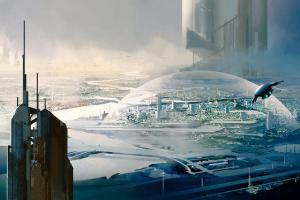
Representational Image
On December 31, 1983 - 35 years before George Orwell wrote 1984 - American writer and biochemist Isaac Asimov outlined his predictions for what the world would like 35 years after, ie in 2019. (bit.ly/2CCv9UT) He focused on three key areas in his piece: nuclear war, computerisation, and space utilisation. His piece effectively mirrors reality today.
ADVERTISEMENT
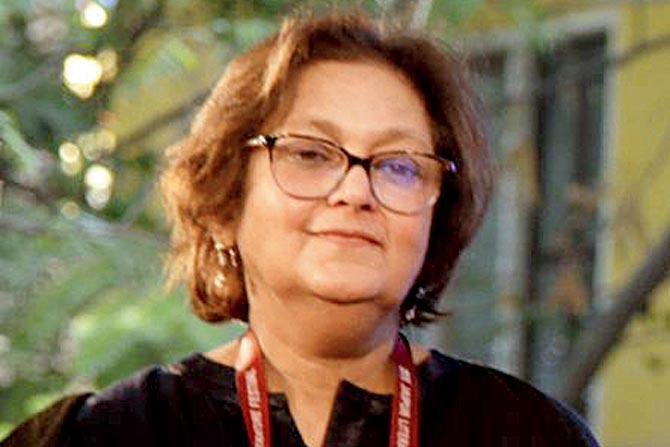
Namita Gokhale
Even science fiction has evolved as a genre. But in the Indian context, much is still left to be said. The 12th edition of the Jaipur Literature Festival scheduled to take place this month lays strong emphasis on sci-fi literature with Nobel Laureate and biologist Venkatraman Ramakrishnan delivering the inaugural address and speaker sessions on the subject. Speaking about what led to the inclusion, Namita Gokhale, co-director of the festival says, "I've written many books around mythology.
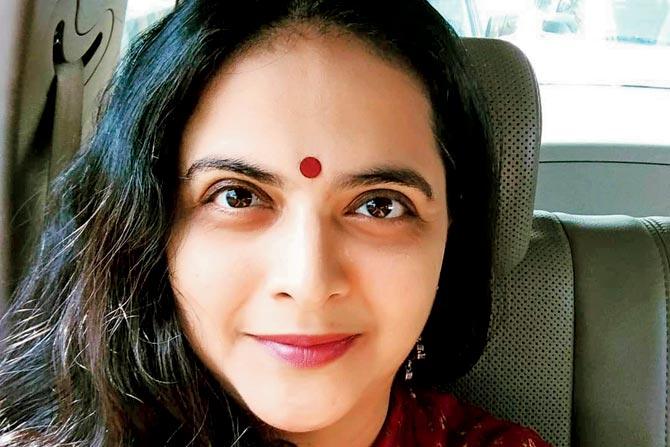
Preeti Vyas
Last year, I encountered some brilliant science fiction coming out of Southeast Asia. India's obsession with myth is wonderful, but we have to look at the future and not only the past. I felt that somewhere our scientific temper is getting lost in public discourse." Preeti Vyas, the founder of FunOKPlease, a children's publishing company concurs.
"Sci-fi is still in its nascent stage when it comes to children's literature. The paucity is mainly because it's only the first generation of kids whose parents have begun buying outside the syllabus," she says. For the writers who've delved into the genre, it's been an exciting ride. They talk to us about their inspiration and what the future holds.

Vishwas Mudagal, The Last Avatar - Age of Kalki
My inspiration: For tech entrepreneur and author of the Age of Kalki trilogy, Vishwas Mudagal, American novelist and screenwriter Michael Crichton proved to be a strong influence. "It all started with Jurassic Park. But I love sci-fi movies, and I'm a tech guy so science comes naturally to me," he quips.
The future: There are a lot of sub-genres within the sci-fi genre, according to Mudagal. "You have zombies, mythology, and superheroes as well. So, the future belongs to a combination of genres. Because of films, it has become easy to write about alien invasions. You couldn't do that 20 years ago. But ultimately, science fiction has to be relatable," he says.
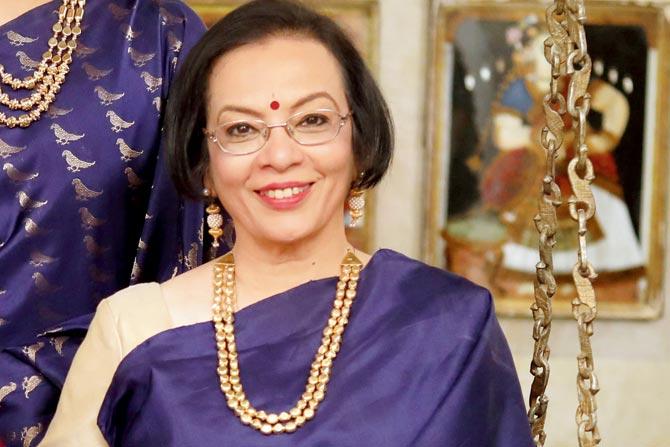
Priya Sarukkai Chabria, Clone
My inspiration: Writer and translator Priya Sarukkai Chabria was introduced to science fiction through the movies. "I loved Stanley Kubrick's 2001: A Space Odyssey, Star Trek and Blade Runner. The wonderful thing about the genre is the way you can make up an alternative world and intensify reality. For instance, you can have glass butterflies and that will open up the reader's imagination," she explains.
The future: Chabria's upcoming title Clone isn't anything to do with white men colonising space. "The genre itself is an empowering world for women because you can create your own world. You do away with the existing rules and make your own," she tells us.

Yudhanjaya Wijeratne, The Inhuman Race and Numbercaste
My inspiration: British sci-fi writer Arthur C Clarke inspired Sri Lankan author and researcher Yudhanjaya Wijeratne to take up the genre. "Clarke, you see, lived in Sri Lanka since the late 1950s. He was synonymous with science fiction. He holds Clarke's Childhood's End and Waste Land, part of Stephen King's Dark Tower, close to his heart.
The future: The divide between science fiction and liberal arts is a common perception. But Wijeratne doesn't view the former to be a separate entity. "Science fiction, to me, isn't a genre. It's a canvas. Upon this canvas you can paint any story you like - whether it's an epic quest, a whirlwind romance, or a dark, agonising twilight of the soul," he says.
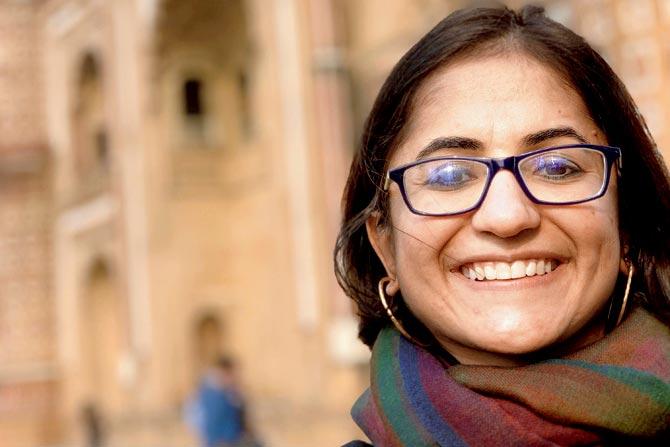
Shweta Taneja, Anantya Tantrist Mysteries
My inspiration: Bengaluru-based novelist Shweta Taneja's tantric fantasy series is full of sass, and she grew up being fascinated with the science fictional elements in myths - Ravana's Pushpaka Vimana or Indra's weapon, the Vajra or the thunderbolt sword - and later discovered stalwarts like Asimov. She says, "I learnt how to use real science in storytelling through Asimov. Douglas Adams taught me the power of using humour. The Star Wars series taught me the power of rich, well-developed characters and dialogues. Ursula Le Guin taught me how to write in rhythm while Octavia E Butler's works taught me how I can explore gender politics through science fiction."
The future: Science fiction has already changed. Stories about (mostly white) men colonising alien planets or saving the universe are passe. What's new is science fiction that explores themes of diversity, gender, society and class, and science fiction that reflects on the past and aims to re-imagine a future that's apart from the existing power structures.
Catch up on all the latest Mumbai news, crime news, current affairs, and also a complete guide on Mumbai from food to things to do and events across the city here. Also download the new mid-day Android and iOS apps to get latest updates
 Subscribe today by clicking the link and stay updated with the latest news!" Click here!
Subscribe today by clicking the link and stay updated with the latest news!" Click here!






